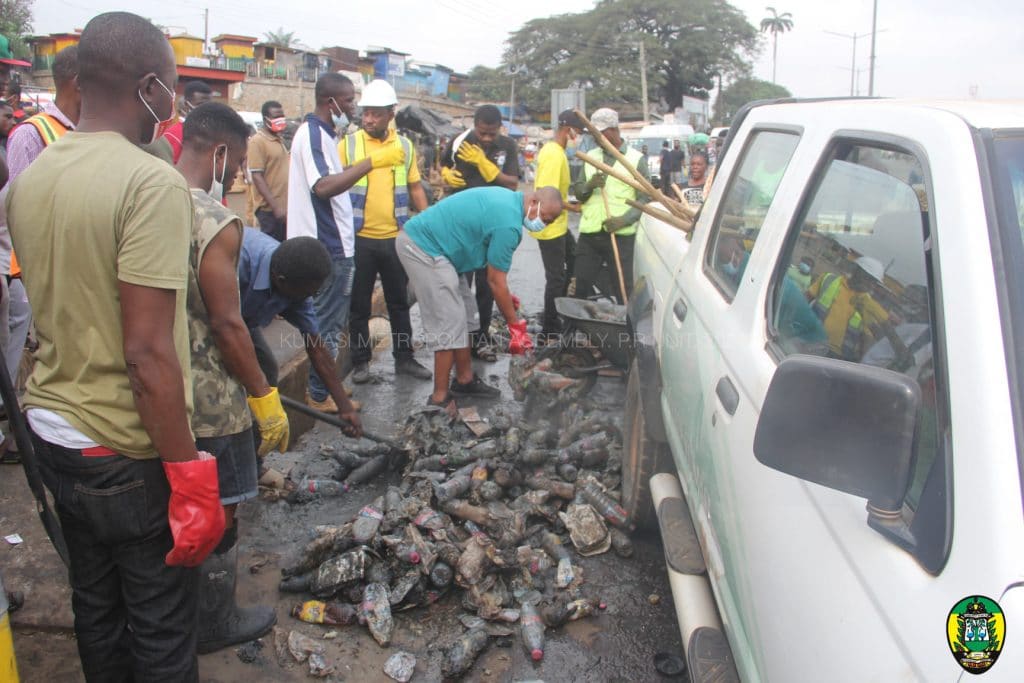In Ghana, the Greater Kumasi Metropolitan Area (GKMA) is receiving a €2.5 million grant from the European Union (EU) to implement the Holistic Strengthening for Sustainable Development (HORESD) project. The initiative, launched following the signing of the funding agreement on March 16, 2022, targets sustainable solid waste management in Kumasi.
In the metropolis of 3.63 million inhabitants, the EU funding will enable the recovery of solid waste into fertilizer, notably through the construction of four composting units and two “eco-stations”. The future facilities will be managed by cooperatives in Kumasi.
A 30-month project
Through the HORESD project, the Kumasi authorities also plan to convert solid waste into electricity. The construction of the various facilities will require the employment of a skilled workforce. “The emphasis will be on integrating disadvantaged people or those at risk of social exclusion, particularly women, young people and people with disabilities,” says Irchad Razaaly, the ambassador and head of the EU delegation in Ghana.
Beyond incivism, pollution in Kumasi is also linked to a problem of governance. Thus, under the Holistic Strengthening for Sustainable Development project, the capacities of local authorities responsible for waste management will be strengthened, both structurally and in decision-making systems.
Read Also – AFRICA: the circular economy at the heart of ecosystem preservation
The Kumasi Metropolitan Assembly (KMA) estimates that it will take 30 months to complete the sustainable development project. The initiative will also receive funding from the Mancomunitat de la Ribera Alta in Spain and the Chamber of Praia in Cape Verde.
Inès Magoum
